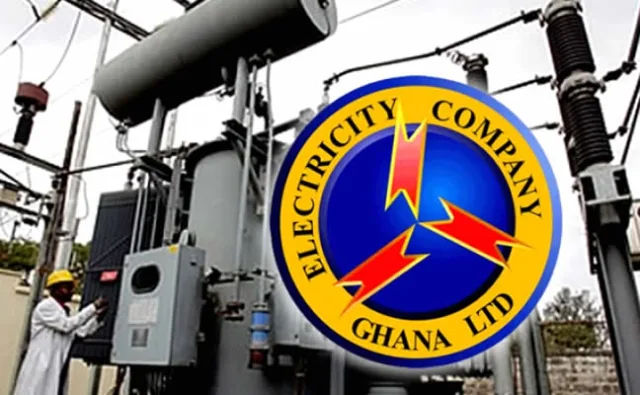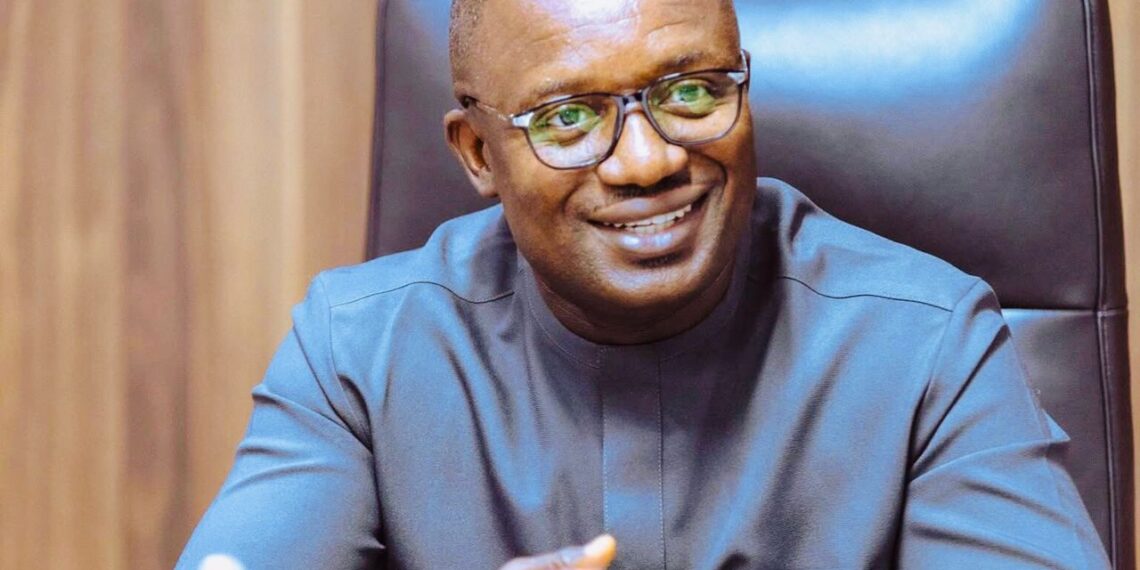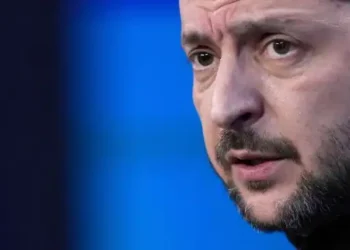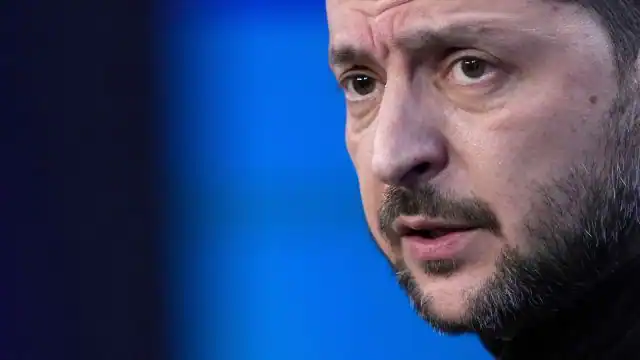The Minister for Energy and Green Transition, Hon. John Jinapor, has directed the Electricity Company of Ghana (ECG) to deploy 200 new transformers across key urban centres.
The directive, announced at the 2025 West African Mining and Power Expo (WAMPEX) in Accra, is aimed at addressing recent electricity supply challenges and enhancing service delivery.
Speaking at the high-profile expo, Hon. Jinapor emphasised that while Ghana’s generation capacity has shown resilience, the next critical step lies in upgrading the grid infrastructure to eliminate bottlenecks that cause load imbalances and outages.
“In this regard, I have granted approval to the ECG to, as a matter of urgency, inject about 200 new transformers in our major capital cities in order to ensure that we do not just generate power, but we’re able to transmit and distribute it effectively.”
Hon. John Jinapor, Minister for Energy and Green Transition
The newly sanctioned deployment is expected to bolster the national grid’s capacity to meet the growing industrial and residential demand, particularly in densely populated urban centres such as Accra, Kumasi, Takoradi, and Tamale. The ECG has been tasked to fast-track the installation process as a matter of urgency.

This announcement marks a key turning point in Ghana’s energy strategy as the country navigates the complexities of transitioning to a green economy while maintaining supply reliability.
The Ministry of Energy and Green Transition has been spearheading several reforms, including investments in renewable energy, grid modernization, and cross-border electricity trade.
This intervention is crucial. There have been a pattern where generation outpaces distribution upgrades, causing voltage drops and outages.
Injecting 200 transformers will definitely relieve pressure on overloaded transformers and enhance voltage stability.
Hon. Jinapor reaffirmed the government’s commitment to stabilising and modernising the country’s power sector.
“I’m happy to note that despite the challenges we inherited, the recent report I received indicates that power generation has been stable, and we have even begun exporting some power.
“What we now need to do is improve the transmission and distribution networks to ensure efficient delivery.”
Hon. John Jinapor, Minister for Energy and Green Transition
Sustained Export Despite Local Hiccups

Despite localised power challenges, Ghana continues to honour its regional energy export commitments.
Through the West African Power Pool (WAPP), the country supplies electricity to neighbouring nations, including Togo, Benin, and Burkina Faso.
Minister Jinapor highlighted that these exports are not being prioritised over local supply but are part of strategic agreements that also bolster Ghana’s energy revenues.
“Let me be clear we are not exporting power at the expense of our domestic consumers.
“Ghana’s energy system is robust enough to serve our population while contributing to regional energy stability.”
Hon. John Jinapor, Minister for Energy and Green Transition
The transformer deployment is expected to be implemented in phases over the coming months, with priority given to areas experiencing the most severe outages.

This initiative is part of broader infrastructure upgrades, including new substations and smart metering technologies, to modernize Ghana’s electricity network.
As the government continues its push toward a greener and more resilient energy sector, stakeholders have urged transparency and efficiency in the rollout process.
With Ghana’s energy demand projected to rise due to population growth and industrialization, the deployment of 200 new transformers represents a timely and strategic intervention.
It underscores the government’s recognition of distribution as a critical link in the energy value chain. If implemented effectively, the move could significantly reduce power outages, enhance consumer confidence, and support Ghana’s aspirations of becoming a regional energy hub.
READ ALSO: Equities Tread Water as Policy Rate Remains at 28%, Financial Analyst Warns



















